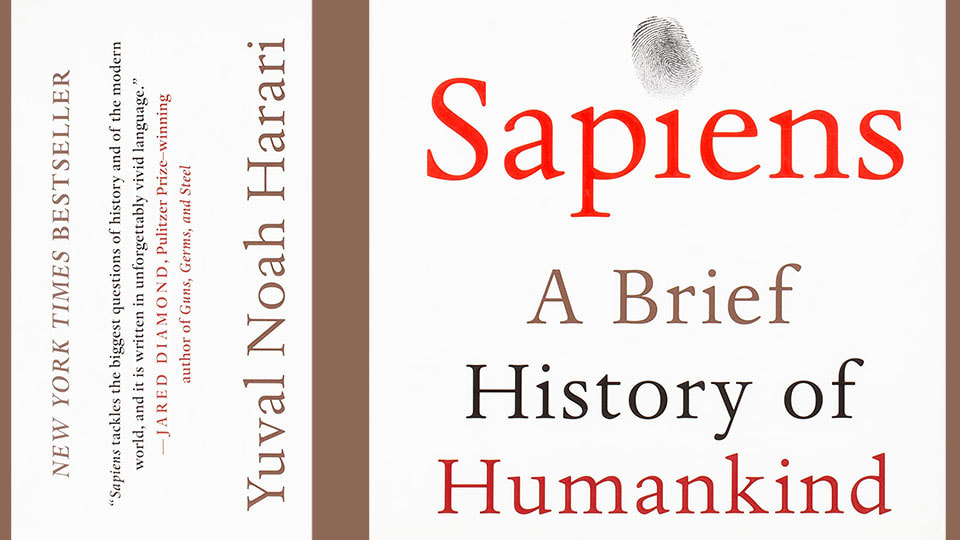|
While reading, I realized that I could see the beliefs of others (especially those I disagree with) as an imagined order much more than my own beliefs.
Professor Harari states that imagined orders are not evil or useless; they're a way to manage large numbers of people. Think corporate cultures, religion, political parties, human rights, and even love and relationships. He gives a context to how we come to believe that's both history and myth. What an exciting MIND shift to consider beliefs as an imagined order, and it's an excellent conversation starter with family and friends! The author asserts that there are prison walls around our beliefs built in these five ways:
I usually hold my beliefs lightly so something new can penetrate the "walls" of my imagined order. But as I read this book, I realized that my beliefs are drenched in attachment. Love is the answer is not a belief. I'm right! Aren't I? Do I really know what I want, or does consumerism relentlessly shape what I want? The author asks insightful questions and has us look at these questions from a historical, economic, biological, cultural, and social perspective. I am still processing these concepts and look forward to many discussions on how we come to believe what we believe. The last chapters of the book take on our pursuit of happiness. Do our beliefs make us happier or at least content? This book may not change your beliefs or make you happier, but it may cause you to wonder what's possible and reflect on how you came to be who you are. Let me know what you discover! May your day be filled with awareness. |
PAULETTE'S BOOKSHELFPAULETTE LOVES BOOKS!
She is an avid reader on many subjects and shares inspirations for mindful practices based on the stories, philosophies, and teachings shared by authors worldwide. She believes you can find the secrets to living a profoundly happy and healthy life in the pages of many a manuscript authored by masters and novices alike. Paulette shares what she's learned in easy-to-apply morsels as she practices the insights in her approach to mindfulness, communication, conflict, and just being yourself. Write to Paulette if a book you love has changed your perspective. Or read one of the books she's listed here and let her know what you've taken away as a personal practice. |


